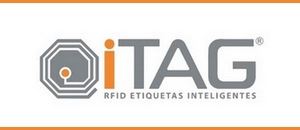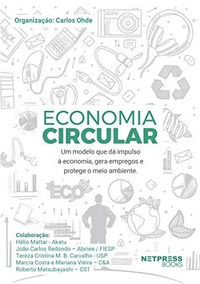Edson Perin
- Food waste can be avoided with IoP
- Challenges and solutions for using Smart Packaging
- A constantly changing reality
Discussions and presentations of the AIPIA Congress 2022 held on the 14th and 15th by Active and Intelligent Packaging Industry Association (AIPIA), in Amsterdam, Holland, had a strong command of issues involving Sustainability and Circular Economy, whose rules and deadlines are outlined by the European Union (EU) (read more at AIPIA Congress reveals impacts of the new Digital Product Passport – DPP).
Opened by Eef de Ferrante, Executive Director of AIPIA, and Tim Sykes, Brand Director of Packaging Europe, the congress began with alarming information: 931 million tons of food are thrown away every year, according to the Food Waste Index Report, from UN Environment Programme (UNEP).
The data was exposed by Angela Morgan, director of business development at the packaging technologies company Aptar, entitled “The Role of Technology in Combating Food Waste”. According to the report, more than 570 million tons of the total are household waste, including food services such as restaurants, and food retail.
“If food waste were a country, then it would be the third largest producer of greenhouse gases,” said Angela, which amounts to $400 billion annually. Add to this the fact that 690 million people go hungry in the world and 3 billion do not have a healthy diet.
Food waste can be avoided with IoP
Angela revealed that more than 30% of food is wasted globally each year, causing a huge environmental impact as it is a huge source of greenhouse gas emissions and waste of natural resources. “Packaging has always helped to reduce food waste and now Smart Packaging technologies are offering new options to reduce food waste”, defined Angela, based on Internet of Packaging (IoP) solutions.
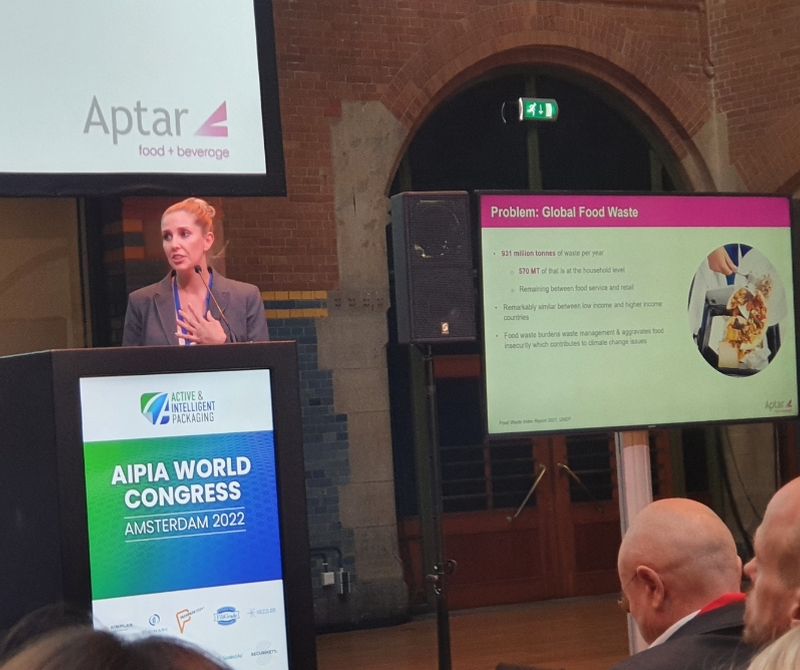
And she concluded: “the continuous evolution of packaging has become the most effective way to mitigate the risks of food waste and to ensure that food reaches those most in need”.
In a complementary line, speaker Anita Etrati, senior manager of strategy and consulting at Accenture, stated that smart and connected packaging offers innovative value for brands and markets. “Next-generation packaging is helping to drive 360° value through the convergence of intelligent and connected technologies [Internet of Packaging (IoP)], which are transforming simple packaging into a new source of value,” explained Anita.
How to harness the power of the data contained in or obtained from packaging was the subject of the panel organized by the AIPIA Congress with leading specialists in the Internet of Packaging (IoP) mediated by Eef de Ferrante. Anita Etrati, from Accenture; Luiz Correa, global manager of AB InBev’s future supply chain; Farida Bensadoun, Global Packaging Innovation Engineer at AB InBev; Mark van Boxsel of T-Systems; Frits van den Bos, from GS1; Marcel van Rossum, former consultant to Johnson & Johnson; and Dominique Guinard of Digimarc.
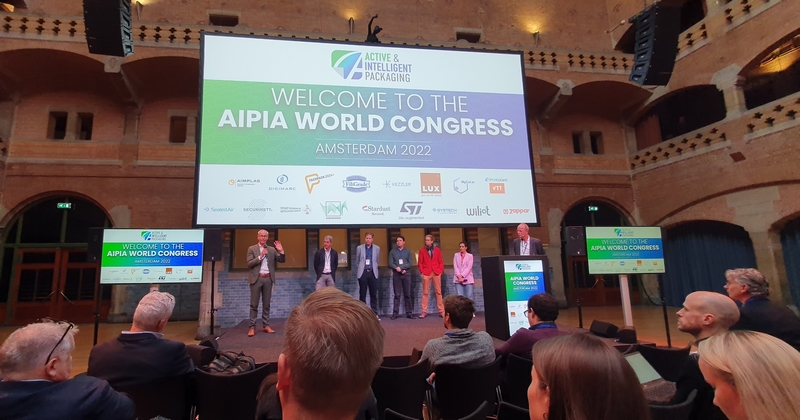
Panelists, with their differing views, agreed that the concept of smart packaging brings a new dimension to the collection and delivery of data that can be used to enable New Product Development, Provenance, Authentication, Supply Chain Security and Engagement. of the Consumer. By this reasoning, data flows in two ways in companies: outwards, to their suppliers, retailers and customers; and internally to improve production, distribution and marketing operations.
Challenges and solutions for using Smart Packaging
Thus, using technologies that allow you to interpret the flow of data becomes vital among all stakeholders in the supply chain, who need to change their way of thinking about how to deal with data, to ensure that it is shared in all parts of the business. . “This is a great challenge”, said Correa, from AB InBev, stating that there are practical challenges when it comes to sharing costs among the players.
One of the biggest challenges, according to interlocutors who requested confidentiality when talking to IoP Journal, is to convince some companies in supply chains to share some data considered sensitive or strategic. “Current technologies, however, already facilitate integrations that allow filtering of what one wants to share. Some companies are already testing these data exchange options, through technologies that adapt to this”, explained one of the sources.
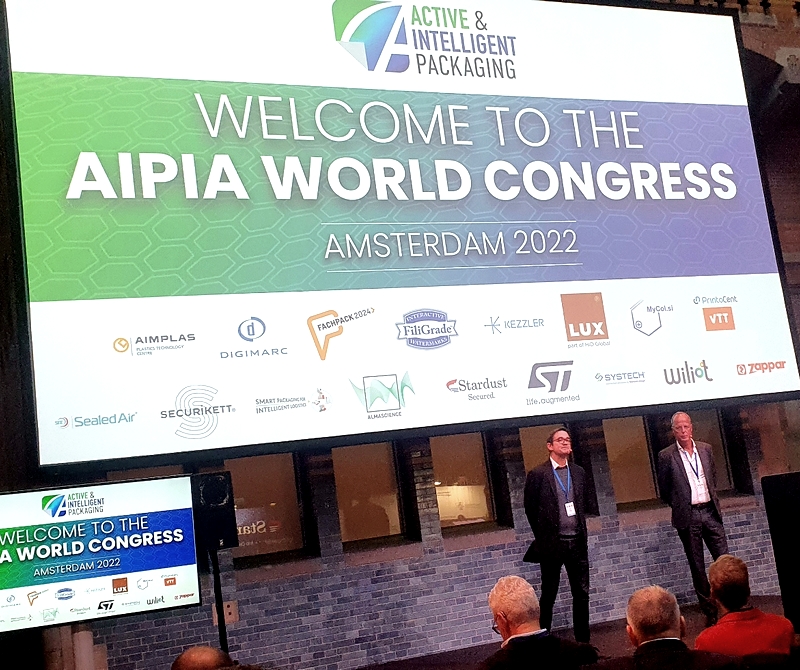
Among the examples of advances in Internet of Pacjaging (IoP) technology, Tessa Eastman, an executive representing Systech, showed how individual identities, such as those required by Digital Product Passport (DPP), can enable the connected product. “Connected products enable a connected supply chain and a connected supply chain”, pointed out Tessa, with examples of Systech customers, Fortune 500 companies, who have created more transparent supply chains that allow planning, optimized processes, reduction of risk, comply with regulations and protect customers.
A constantly changing reality
Within the perception of changes in the planet, the Covid-19 pandemic, the growing geopolitical instability and the increase in inflation were also identified as contributing to a more demanding consumer market. “For consumer-packaged goods brands, it has never been so difficult to predict performance or so risky to introduce new products”, said Antonio Belmontes, from Jabil Packaging Solutions.
“But connected packaging, with data mining, promises a solution for consumer goods that are increasingly data-driven,” argued Belmontes. He added: “The ability to truly understand consumer usage patterns in real time will provide the forward-thinking, forward-thinking edge brand owners need to win.”
Follow on our website IoPJournal.com during the next few days more articles about the AIPIA Congress 2022.









